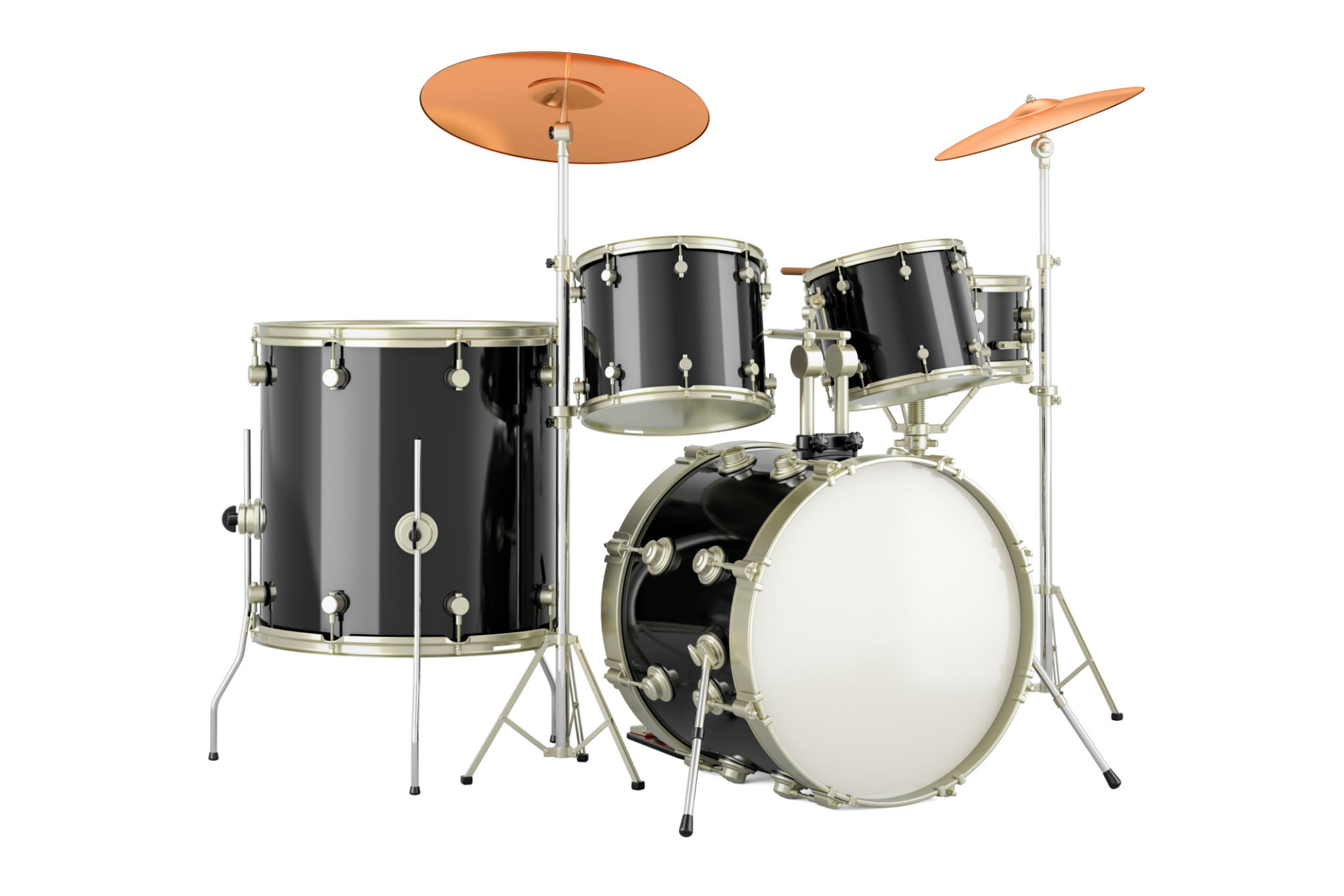Preparing for Your First Drum Lesson: What to Expect
Understanding the Basics
Embarking on your first drum lesson can be an exhilarating experience. Whether you're a complete beginner or have some musical background, knowing what to expect can ease any anxieties. Drumming is not just about hitting the drums; it involves rhythm, coordination, and understanding various techniques.
Before your lesson, it's beneficial to familiarize yourself with basic drum terminology. Words like "snare," "bass drum," "hi-hat," and "cymbals" are commonly used and will help you understand instructions more clearly. Having a basic grasp of these terms will make your learning experience smoother.

Preparing for Your Lesson
Preparation is key to making the most of your drum lesson. Ensure you have comfortable clothing that allows for free movement, as drumming can be quite physical. It's also a good idea to bring a bottle of water to stay hydrated during your practice.
Investing in a pair of drumsticks is advisable, as they are the primary tool you'll use. You can ask your instructor for recommendations on the best type of drumsticks for beginners. Bringing a notebook or a recording device can also be helpful for jotting down notes or reviewing the lesson later.
Setting Realistic Goals
It's important to set realistic expectations for your progress. Initially, you might focus on basic beats and rhythms. Mastering these fundamental skills will set a strong foundation for more advanced techniques in the future.

The Structure of a Drum Lesson
Most drum lessons follow a structured format, beginning with a warm-up. This might include exercises to loosen your wrists and develop coordination. Your instructor will likely introduce you to basic rhythms and note values, which are crucial for understanding drumming patterns.
The lesson may progress to practicing simple beats on the snare drum or the full drum kit. Remember, practice makes perfect, so don't be disheartened if it takes time to get the hang of things. Consistent practice will lead to improvement.
Feedback and Practice
Feedback is an integral part of learning any instrument. Your instructor will provide constructive criticism to help you improve. It's essential to take this feedback positively and use it to enhance your skills.

Outside of lessons, regular practice is crucial. Devote some time each day to go over what you've learned. This consistent practice will reinforce new skills and keep you progressing steadily.
Embracing the Journey
Learning to play the drums is a journey filled with excitement and challenges. Embrace every step of the process, from mastering the basics to exploring more complex rhythms. With dedication and patience, you'll find yourself growing as a drummer and musician.
Remember, every great drummer started with their first lesson, just like you. Enjoy the process and celebrate your progress along the way!
